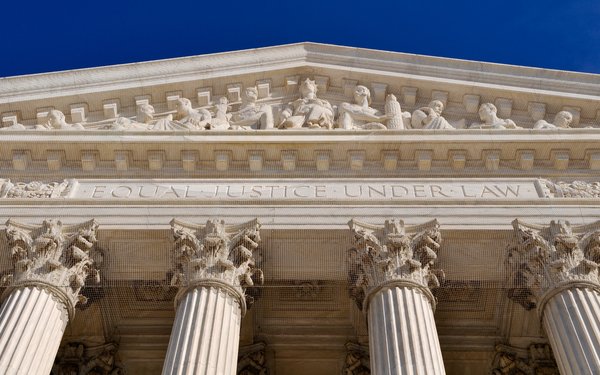
The Supreme
Court rejected requests by the broadband industry and the Trump administration to vacate a lower court's 2017 decision that upheld the Obama-era net neutrality rules, which prohibited broadband
providers from blocking or throttling traffic and from charging higher fees for prioritized delivery.
The Federal Communications Commission voted last year to revoke those rules. After the
repeal was finalized earlier this year, the FCC and the Department of Justice asked the
Supreme Court to declare the prior decision "moot" and scrap it.
The Supreme Court's refusal to take up the case means the prior decision remains on the books as precedent, but doesn't appear
to have much practical effect given the rules' repeal. Three of the court's conservative judges -- Samuel Alito, Neil Gorsuch and Clarence Thomas -- voted to hear the case. Justices John Roberts and
Brett Kavanaugh didn't participate in the vote.
The decision marks the latest development in an ongoing battle over broadband regulations. In 2015, the Democrat-led FCC voted to reclassify
broadband service as a utility and impose common carrier rules on providers -- including bans on throttling, blocking and paid fast lanes.
AT&T and other critics of the regulations sued to
vacate them. AT&T and the others argued that the FCC lacked authority to impose the regulations. A three-judge panel of the D.C. Circuit Court of Appeals ruled against the broadband industry in
2016. The carriers then sought a review before the entire Circuit Court. The majority of the court rejected that request, but Kavanaugh -- then a judge on the D.C. Circuit --
said in a written dissent that he believed the rules were invalid.
Net neutrality advocates, including tech companies and 23 attorneys general, are currently challenging the FCC's repeal order
in court. They argue that the regulations are necessary to prevent Comcast, AT&T and other broadband providers from censoring sites or discriminating against competitors like Netflix and
Amazon.